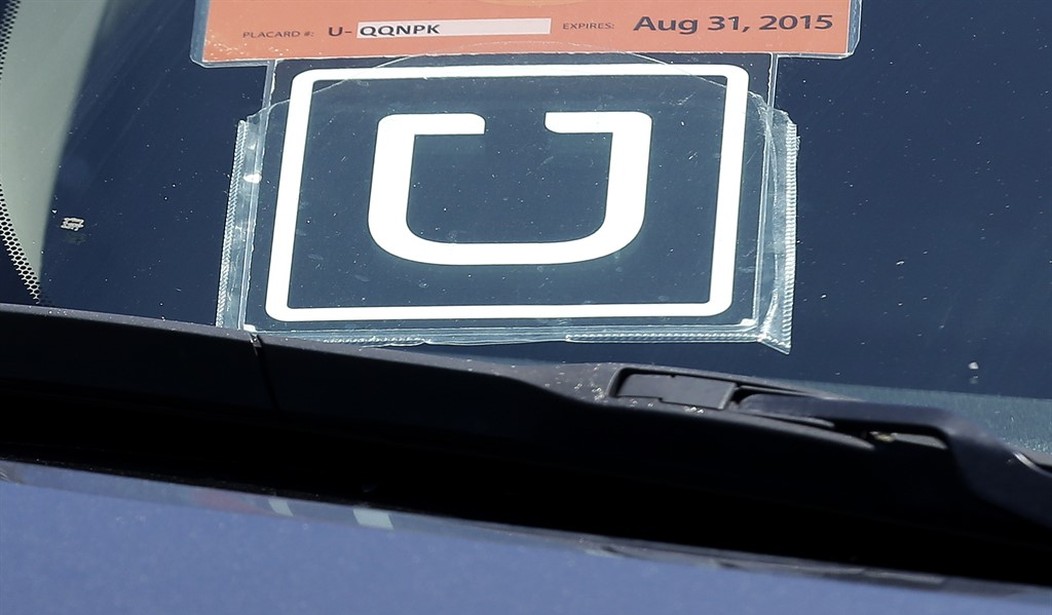Editors note: This column was authored by Brett Linley
Controversy has arisen over the Seattle City Council’s recent decision to allow Uber and Lyft drivers to unionize. Uber has continually fought the efforts of its contractors to unionize, but they might not be able to hold out any longer.
This may be a temporary victory for drivers, but it will ultimately hurt consumers.
The push for unionization will transform Uber and Lyft into the type of business they were created to combat. Uber’s model works because they represent a departure from the ineptitude and poor service of the taxi industry. Unionization is a large part of what kept taxi services expensive and uncompetitive. With this push, drivers are effectively strangling the golden goose.
Uber is a great example of how the free market works for average Americans. The monopolization of the taxi industry resulted in poor service and uncompetitive prices. This created the conditions for a new firm to emerge and take advantage of market demand. Uber was successful because they provided a cheap, and convenient transport option.
Uber transcended the bureaucracy that had governed the taxi industry and stifled innovation for so long. Having the flexibility to manage their business as they please has allowed them to stay competitive. But unionization will seriously hamstring their ability to operate in this way.
There is no reason to believe that unions will operate any differently in the ride-sharing industry the they do in other industries. They will exert collective power to muscle concessions out of their employers, which will make Uber and Lyft less able to adapt to consumer needs and market demand.
Recommended
Unionizing the ride-sharing industry will also cause prices to rise. Workers don’t engage in collective bargaining to merely maintain the status quo. So we will likely see a push for higher wages, and other reforms that could and potentially increase operating costs. These costs are then likely to be passed on to the consumer.
Certainly, workers should be able to negotiate their wages with their employers. Some might argue that this is what would happen with unionization, just on a bigger scale. But experience has shown that this is not necessarily the case.
With newfound collective bargaining powers, drivers will have the ability to threaten ride-sharing companies with industrial action, potentially crippling their innovative business model in the process. Drivers who disagree may be pressured into supporting industrial action, or risk being labeled a “scab.”
This will make it harder for ride-sharing companies to restructure their business—including their wage structure—in order to improve service and remain competitive.
The actions of the Seattle City Council are an inexcusable breach of the ability of companies like Uber and Lyft to manage their businesses as they see fit.
If drivers feel that they can get a better deal elsewhere, they should feel free to do so. But if they force drivers into a union so they can squeeze their employers, consumers should be aware of the consequences.
Ride-sharing companies arose as a result of the government bureaucracy and monopolistic inefficiencies that had crippled that taxi industry. Their ingenuity and innovative nature allowed them to serve the consumer and expand. Now the same forces that made Uber a necessity threaten to destroy it. The last thing we want is a reincarnated taxi industry with black cars.

























Join the conversation as a VIP Member